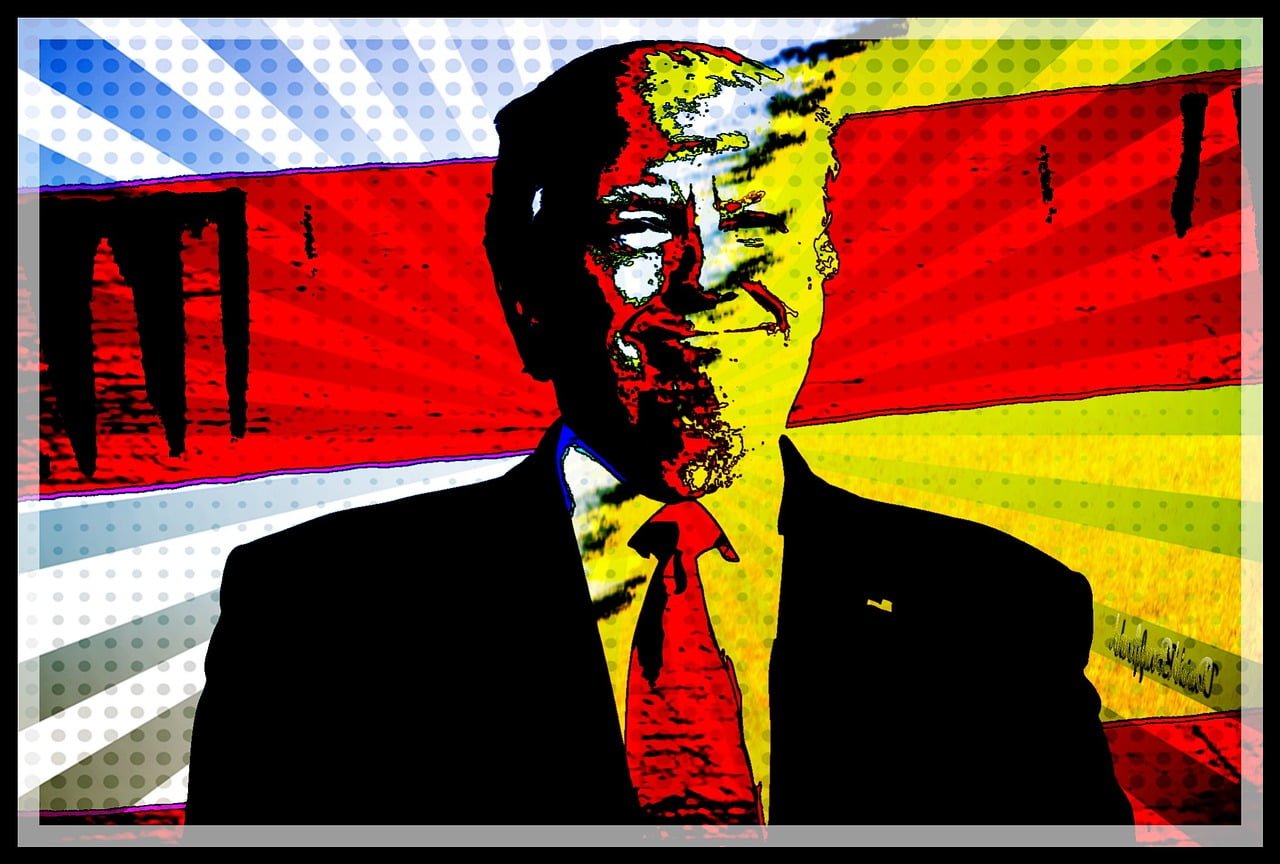As Americans transitioned to 2018, I saw many articles about New Year’s resolutions. But while I saw a great deal of inconsistency between personal resolutions to do good for others and political resolutions to harm others to finance feathering one’s own nest, I didn’t find much that would improve both Americans’ personal and political behavior. That is why it occurred to me that perhaps what we need are some old years’ resolutions to recommit ourselves us the wisdom we have often forgotten.
[REITs]That thought triggered a memory of something that would fit the bill. It comes from Leonard Read, in “To Each His Own,” published fifty years ago in his Accent on the Right (1968). Its focus was that the biggest problems of government come from violations of commandments to not covet and not steal because coveting is the impetus behind harming others to benefit yourself and stealing is the action triggered by that coveting.
The prevention of such violations is a central task of government, which can advance the general welfare by more effectively protecting all of our property from invasions by others (better enabling all of the voluntary relationships property rights make possible). This is illustrated by the enumerated functions of American government (e.g., national defense is the protection of you and your property from foreigners; police, courts, and prisons provide similar protection from your neighbors). But unfortunately, government has become a “respectable” way to violate what it supposedly defends.
Consider what Leonard Read had to say about the importance of those two commandments for the existence of any real civilization, as well as advances in it.
THOU shalt not steal! To know that stealing is wrong…implies knowledge of an alternative that is right…to each his own, usually referred to as private ownership. The ancient taboo against stealing presupposes that an individual has a right to the fruits of his own labor.
Recognizing as evil the taking of that which belongs to another certainly antedated The Decalogue by many centuries.
There is every reason to believe that the observance of this taboo, this respect for the principle of private ownership, marked the dawn of civilization. Whether this thou-shalt-not is honored or breached primarily determines the rise or fall of civilization.
True, “thou shalt not covet” is even more basic than “thou shalt not steal”; if no one coveted the possessions of another, there would be no thievery.
To refrain from stealing is the genesis of civilizations! Only two points need to be understood…for this assertion to ring true. First, civilizations rise and fall with the rise and fall of individual freedom. Second, individual freedom rises and falls to the degree that private ownership — the absence of stealing — is respected and adhered to. Individual freedom is out of the question wherever and whenever private ownership does not prevail!
Creative outbursts — the mark of civilization — bear a direct correlation with increase in individual freedom…the record speaks for itself.
This private ownership thesis rests, fundamentally, on the defensible assumption that one person has as much right to his life as any other. If an individual has a right to his life, it logically follows that he has an equal right to sustain his life, the sustenance of life being the fruit of one’s own labor or what can be obtained for it in peaceful exchange. Livelihood is but the extension of life.
Thus, to steal is to take life. Not to steal is to respect life; it is to endorse and to hold sacrosanct the institution of private ownership.
It is self-evident that no civilization could be born without the observance of this taboo. The institution of private ownership — to each his own — has spawned all civilizations!…Were [thievery] the general practice, we would quickly descend into another dark age. A resort to law would be useless; the gendarmerie also would be thieves!
While the institution of private ownership has been given lip service over the centuries, by the people and governments alike, actual observance has been more of form than of substance…Few among us understand that private ownership can be universally endorsed in principle and completely obliterated in practice. Nor is it widely understood that the forcible taking of income, beyond that required for the principled functions of government, has the same eroding effects on private ownership as stealing. Legalizing the compulsory transfer of control still amounts to the destruction of private ownership.
It takes no mental giant to realize that individual freedom and, thus, the flowering of civilization are possible only where private ownership prevails. Merely imagine owning absolutely nothing required for your own livelihood. Your life would be in the hands of others.
Leonard Read saw the twin sins of coveting and theft as the greatest threats to civilization. The latter, motivated by the former, undermines the fundamental basis of the voluntary arrangements that create civilization — private property. As a result, he recognized that the essential function of government was to maintain the principle of “to each his own,” and that any time government fails to defend that principle from others’ invasions, or itself commits such infringements, it impedes rather than advances civilization.
Remembering that understanding, and recommitting to Read’s insight that “To each his own is a fundamental maxim for civilized men!” would make an excellent old year’s resolution for the new year.

Gary M. Galles
Gary M. Galles is a professor of economics at Pepperdine University. His recent books include Faulty Premises, Faulty Policies (2014) and Apostle of Peace (2013). He is a member of the FEE Faculty Network.
This article was originally published on FEE.org. Read the original article.
![]()





